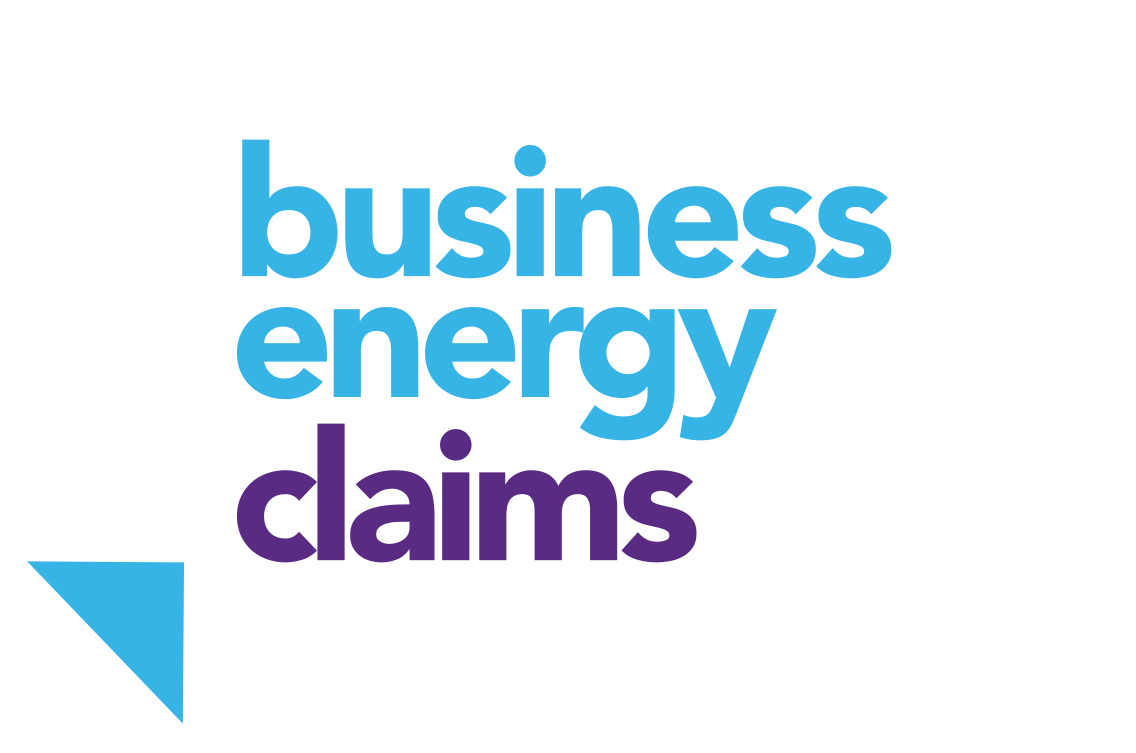Direct Debit is one of the most popular ways for UK businesses to pay their energy bills. But how does it work, and what are the pros and cons for your business?
Follow our Understanding Your Energy Bills blog series to learn more.
How Does Direct Debit Work for Business Energy Bills?
When you set up a Direct Debit, your energy supplier automatically collects payment from your bank account on an agreed date each month or quarter. This can be for a fixed amount (based on estimated annual usage) or a variable amount (based on actual usage).
Types of Direct Debit
- Fixed Direct Debit: You pay the same amount each month, helping with budgeting. The amount is reviewed periodically to ensure it matches your usage.
- Variable Direct Debit: You pay for what you use each month, so payments fluctuate with your actual consumption.
Benefits of Paying by Direct Debit
- Convenience: No need to remember to pay each bill.
- Potential discounts: Some suppliers offer lower rates for Direct Debit payments.
- Avoid late payment fees: Payments are made automatically, reducing the risk of missed bills.
- Security: Protected by the Direct Debit Guarantee.
Things to Watch Out For
- Estimated billing: If your supplier doesn’t have up-to-date meter readings, your payments may not reflect actual usage.
- Failed payments: Can result in extra charges.
- Review regularly: Ensure your Direct Debit amount matches your actual usage, especially if your business changes size or operations.
Paying your business energy bills by Direct Debit is usually the most convenient and cost-effective option. Just make sure to monitor your bills and update your supplier with regular meter readings to avoid overpaying.
Think your business may have overpaid on energy bills?
A recent landmark court ruling means you could be entitled to reclaim thousands of pounds in hidden broker fees or mis-sold energy contracts.
Contact Business Energy Claims today to find out if you’re eligible.
